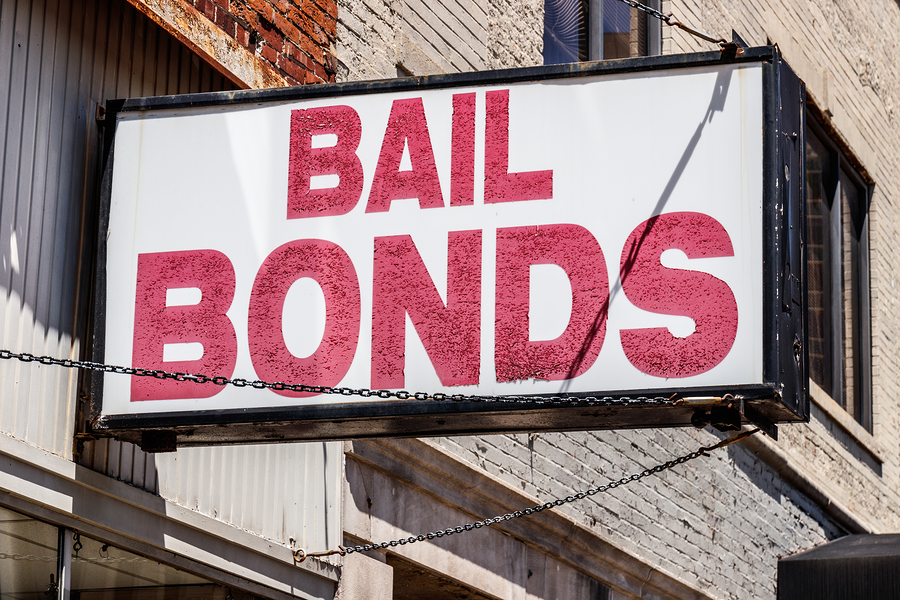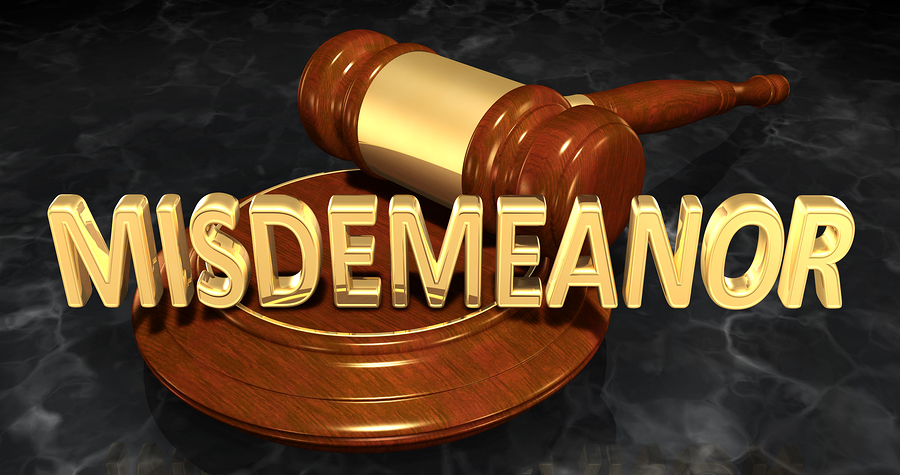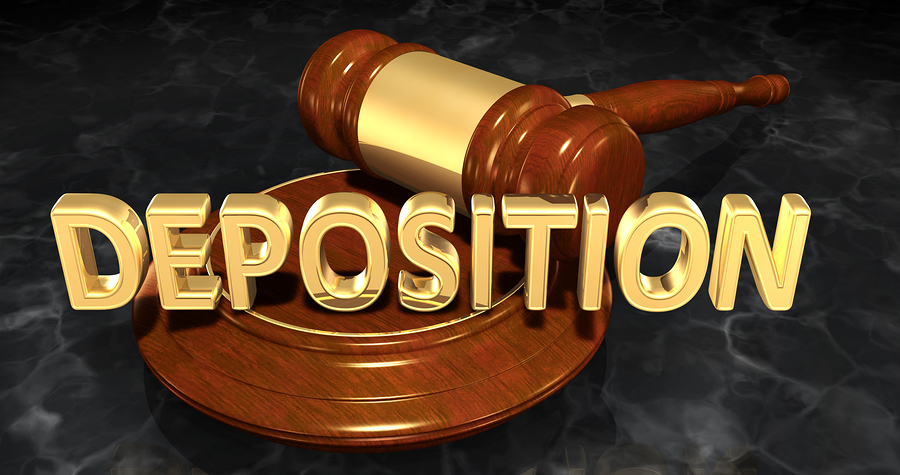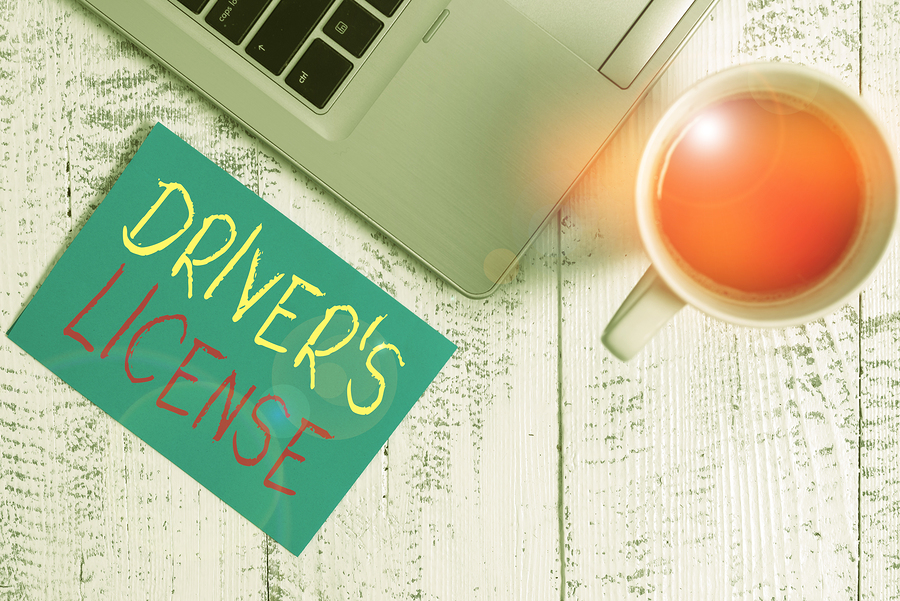When you are stopped by a police officer, whether in a public place or in your vehicle, you have certain rights, but you also have to follow certain rules. And just like you, the officer has certain rights and rules too. It is okay to not know these rules and rights, but important to learn them in the case that a cop ever stops you.
Continue reading to learn more about police and civilian interactions, including how you should conduct yourself and how long police can detain you without making an arrest.
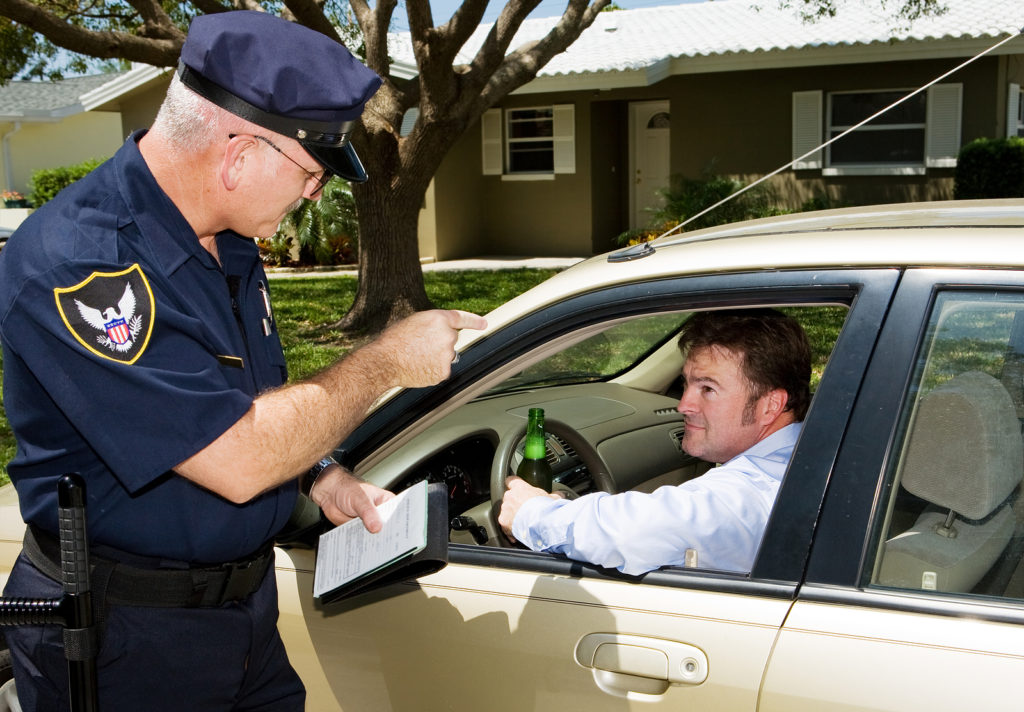
The Facts About Police and Civilian Interactions
Cops are allowed to stop anyone for a certain period of time without arresting them, for purposes of determining whether or not a crime is being or was committed. Although law enforcement can stop a person and detain them without arrest, they cannot detain them for an unreasonable amount of time or indefinitely without making an arrest and filing charges. This violates our constitutional right against unreasonable searches and seizures. But “when” and “for how long” a cop can stop you without making an arrest is a little ambiguous since it depends on the particular circumstances of the encounter.
What You Can Expect During a Cop Encounter
During a typical cop stop, the amount of time they detain you will vary depending on the situation. But the reasonable amount of time for a cop to stop someone without arresting them would be however long it takes to ask them for name, address, date of birth, a photo identification, and a few questions. This is what you should expect during a typical police encounter. If you are in your vehicle, they may ask for additional documents, including vehicle registration, drivers’ license, car insurance, and title.
Remain Polite and Cooperative the Entire Time
As the person on the other end of the cop stop, you should always behave respectfully and cooperate with police. Simply refusing to identify yourself gives them the right to arrest you. Even if they are being unethical, you must remember they have the power at the moment. So it is important to clearly identify yourself, provide the documents they request, and be as agreeable and polite as possible. This will increase your chances of being excused.
Never Lie or Argue With a Police Officer
Keep in mind that you do not have to answer their questions since you have the right to remain silent, but always be polite, and never argue or lie to police. You can simply say, “I do not wish to answer any questions” and they will move forward. If you believe you were wrongfully arrested or treated by police, or detained or held in custody for too long without being charged for a crime, you should contact an Indiana criminal defense lawyer for help.
How to Fight Your Criminal Charges in Indianapolis, Indiana
Call David E. Lewis Attorney at Law at 317-636-7514 to fight your criminal charges in Indianapolis, Indiana. As an experienced and accomplished criminal defense attorney, he will build you an impactful and aggressive defense to beat or reduce your sentence. Trust our Indianapolis criminal defense law firm to protect your rights and preserve your freedoms. Call 317-636-7514 to schedule a free initial consultation, and get started on your path to justice today.



